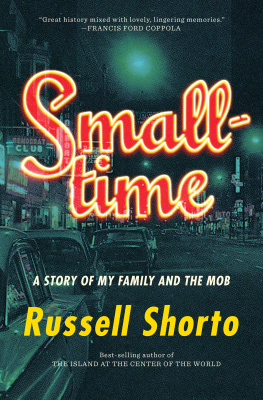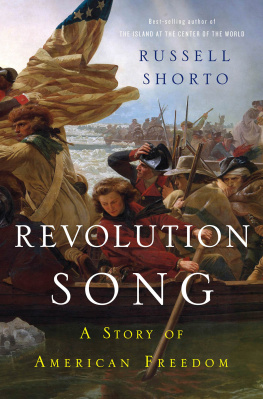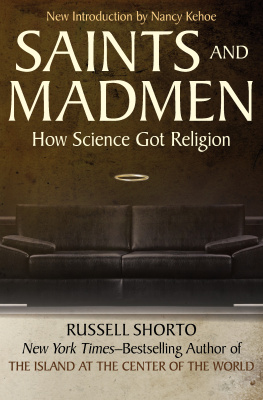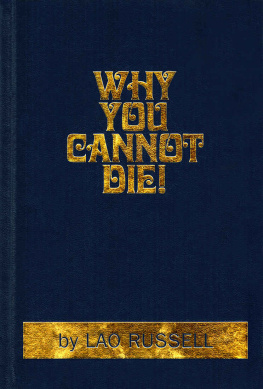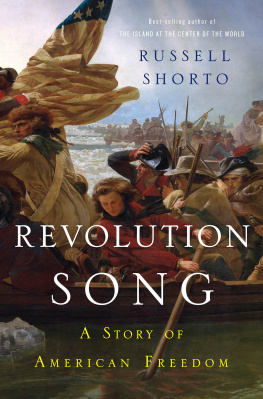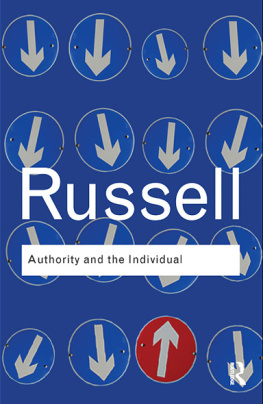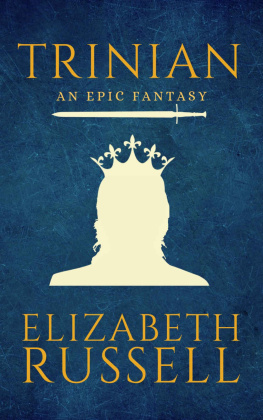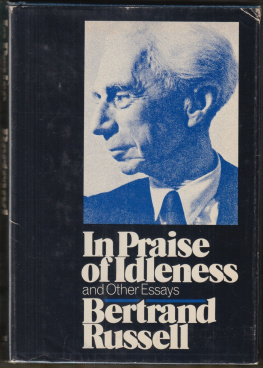Russell Shorto - Smalltime
Here you can read online Russell Shorto - Smalltime full text of the book (entire story) in english for free. Download pdf and epub, get meaning, cover and reviews about this ebook. year: 2020, publisher: W. W. Norton & Company, genre: Detective and thriller. Description of the work, (preface) as well as reviews are available. Best literature library LitArk.com created for fans of good reading and offers a wide selection of genres:
Romance novel
Science fiction
Adventure
Detective
Science
History
Home and family
Prose
Art
Politics
Computer
Non-fiction
Religion
Business
Children
Humor
Choose a favorite category and find really read worthwhile books. Enjoy immersion in the world of imagination, feel the emotions of the characters or learn something new for yourself, make an fascinating discovery.
- Book:Smalltime
- Author:
- Publisher:W. W. Norton & Company
- Genre:
- Year:2020
- Rating:5 / 5
- Favourites:Add to favourites
- Your mark:
- 100
- 1
- 2
- 3
- 4
- 5
Smalltime: summary, description and annotation
We offer to read an annotation, description, summary or preface (depends on what the author of the book "Smalltime" wrote himself). If you haven't found the necessary information about the book — write in the comments, we will try to find it.
Smalltime — read online for free the complete book (whole text) full work
Below is the text of the book, divided by pages. System saving the place of the last page read, allows you to conveniently read the book "Smalltime" online for free, without having to search again every time where you left off. Put a bookmark, and you can go to the page where you finished reading at any time.
Font size:
Interval:
Bookmark:

A STORY OF MY FAMILY AND THE MOB
Russell Shorto
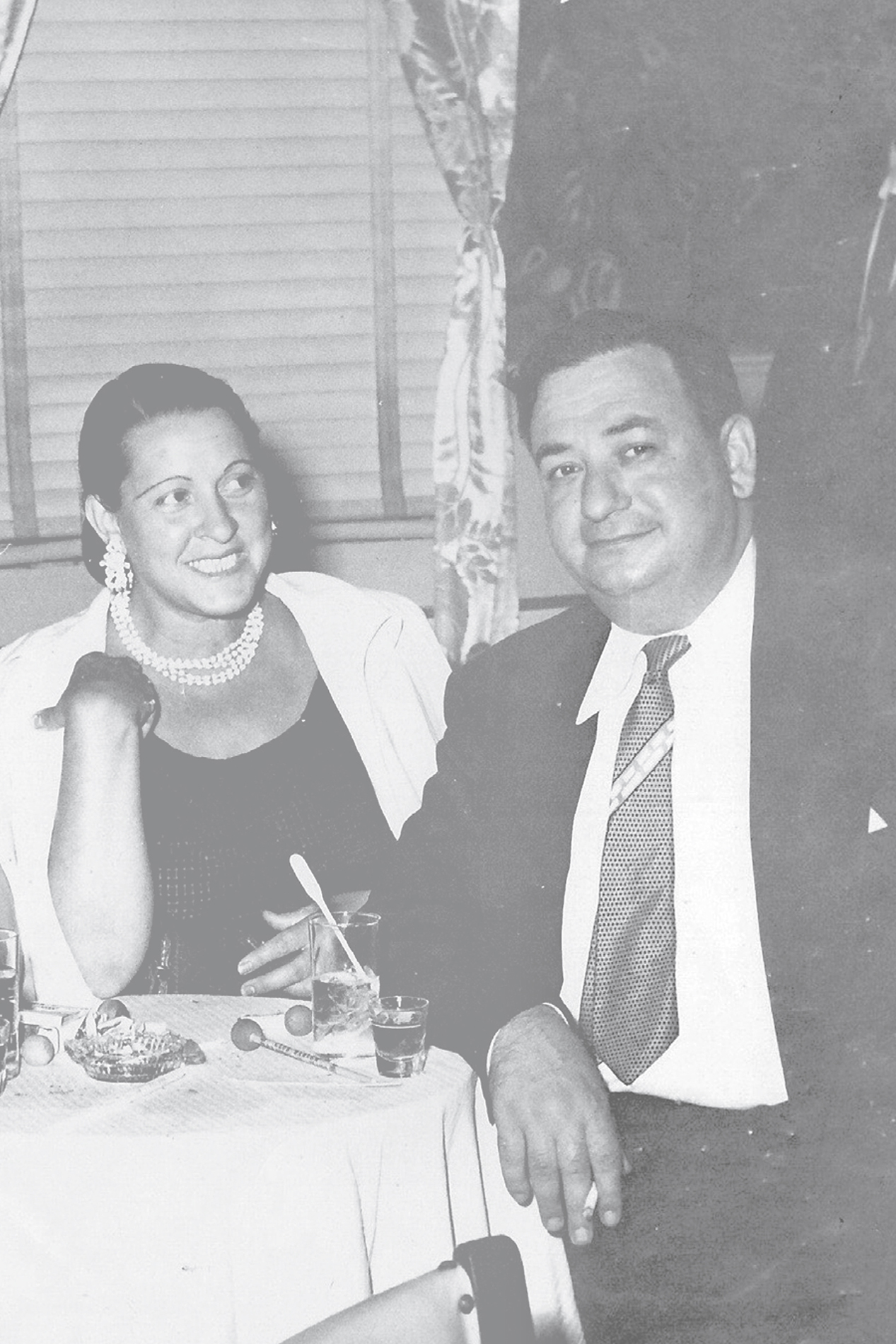
This is for all the Shortos
IT STARTED ONE evening when I was home for the holidays. Picture a too-warm living room so crammed with relatives that peoples limbs are overlapping. A day or two after Christmas, a cloudy gray night sky, snow starting to fall. Im a writer of narrative history, by the way, someone who makes a living telling nonfiction stories about the past, so, in terms of subject matter, you might think this one would have been obvious to me long ago. It was not. Anyway, the TV is blaring from one corner of my parents living room, the tree is stuffed into another, a tray of cookies is going around, and somebody mentions that Frankie is in town.
Whos Frankie?
Your mothers cousin: Frankie Filia.
Id met Frankie once or twice. I knew he was a jazz singer who had left town a lifetime ago for Las Vegas, that he had a long career there, playing gigs and tending bar in casinos. After five decades of fingering the thick strings of the stand-up bass, crooning for an endless succession of smoky rooms, hed decided to retire and come home.
An hour later, a couple of carloads of us figure well head down to the lounge where Frankie now plays once a week in a local geriatric combo. Stepping from the snowy night into a dark room, confronted by the dank smell of all old bars, and theres Frank, luridly lit on the makeshift stage, a little guy in his late seventies, roundish body flanked by the shapely neck of the bass. He puts a hand over his eyes to peer at the doorway, smiles as he sees usdistant relations here to partake of what hes offering. We pile in, order drinks, stand there with our big coats on, ranged around like Easter Island statues. Franks got a nice, foggy-breezy voice, the kind that invites you to take a ride with him. Volare. Fly me to the moon.
At a break in the set there are kisses, greetings. Were standing in a circle, and at some point Frank looks across at me and wags a finger. Russell! I been wantin to talk to you. Youre a writer. What are we gonna do about the story?
What story?
In the middle of asking, the answer is right there, fully formed in my mind.
I feel a need to declare here that I had a normal small-town America childhood. Meaning that it was weird or quaint in all the standard ways: going on Sunday drives as a family, playing strip poker with hushed friends in somebodys parents basement, whatever. There was an element of Italian American self-awareness, but it was mostly limited to food and emotiveness. Long conversations about spaghetti sauce and aunts who kissed you on the lips: those were the ways we were Italian.
Frank shakes his head in exasperation. What story?! Your grandfather! The mob!
A silence settles on the little group of mostly older relatives. My aunt Josie is visiting from Detroit, where she and my uncle moved about six decades earlier, but everyone else still lives in town. And while some will on occasion tell a story or two about back then, the inclination has been to maintain a bit of a veil of silence over the topic.
I maintained it too. Its not like I didnt always know that my grandfather was a small-town mob honcho of some kind. As a little boy, that time my mother and I ran into him on the street downtown, the discomfort I felt toward the solemn almost-stranger in front of me, who I somehow knew had been ostracized from the family, was wrapped around that awareness. Even the gesture he made in that awkward and almost wordless sidewalk encountertaking off his watch and giving it to me, draping it over my skinny wrist (I can still see it hanging there, with a weight to it that wanted to pull me down to the pavement)felt ominous in its inappropriateness. It telegraphed that here was someone who was used to outsized acts, to ignoring the norms. But I had no idea what that meantno idea who he was, really. I didnt want to learn more, and I never did.
No doubt partly because Frank had lived for so long out of town, outside the circle, he hadnt hugged the silence into himself. Strutting the streets of his hometown, a teenage bookie with a pocketful of money whod just dropped out of high school and was proud to be in on the action: those were golden memories for him. Its also true that he was just an open kind of guy. Some people are natural excavators of the past, blessed or cursed with the conviction that if you haul memories up into the light of day they will glow like gems and be worth something.
Franks about to go back up to the mic, but he presses me one more time, tossing out a few lurid details about back in the day, oblivious to the awkward suffering of the others.
I turn to my dad, the mobsters son, expecting to find a look of censure that will help me to end this. Theres something in his eyesbut its almost a glint, an eagerness. I find it embarrassing, like seeing a parent naked. Pondering for half a second, I realize I shouldnt be surprised. My father has always been more daring than me, willing to jump into things, to risk making a fool of himself.
I shake my head confidently at Frank. Not my thing.
He gives me a look. Whaddaya mean? You write history. This is American history! Its right in front of you!
Hes getting personal nowtelling me how to do my job. And just for a second, the marketable outline of my grandfathers world spreads across the front of my brain like a banner ad, the kind of thing you could sell to your publisher: Everybody knows the mob, but nobody knows the story of the small-town mob. How it was as much a part of midcentury American life as the hot dog. How, just like the interstate highway system, it stitched together the Schenectadys and Scrantons, the Zanesvilles and Topekas, the Wichitas and Amarillos and Fresnos. You could make a case that this was the real mob story, maybe in a way the real American story of that era.
In the same instant I get a glimmer, too, of how our family fits into that broad picture. As Frank is waiting for me to say something I have in my head the image of the somber man in a baggy gray suit forcing his watch on me, along with a few other shavings that the magnet of my childhood brain pulled in. A secondhand image, borrowed from my dads memory, of stacks of money arrayed across the surface of a bed. Men talking about the boys, and me knowing they were not boys like me: the boys downtown the boys in Pittsburgh. In my grandmothers basement a large cage with dice in it, which had a handle for turning it, and me halfheartedly trying to play with it but knowing it wasnt a toy.
But noI cant do this. I know, standing there, that at the center of this story is this dimly lit figure of my grandfather. Which means that it would involve my long-suffering grandmother, with whom I spent so many summer days in my early childhood, sympathetically studying her solitude and bitterness out of the corner of my eye, sitting skinny-legged on her sofa pretending to read comic books while she peered beyond at the soap operas on the TV, chain-smoking Pall Malls and reflexively pouring from a quart bottle of Schmidts beer into a tiny glass. Such a story would gather her up into it; in all likelihood the research would lead me to the source of her pain. And the pain, like a stain, would spread.
I give Frank a patronizing smile and shake my head again. Not interested. Too much on my plate. And anyway, my subject area is further backlong ago, far away.
Font size:
Interval:
Bookmark:
Similar books «Smalltime»
Look at similar books to Smalltime. We have selected literature similar in name and meaning in the hope of providing readers with more options to find new, interesting, not yet read works.
Discussion, reviews of the book Smalltime and just readers' own opinions. Leave your comments, write what you think about the work, its meaning or the main characters. Specify what exactly you liked and what you didn't like, and why you think so.

